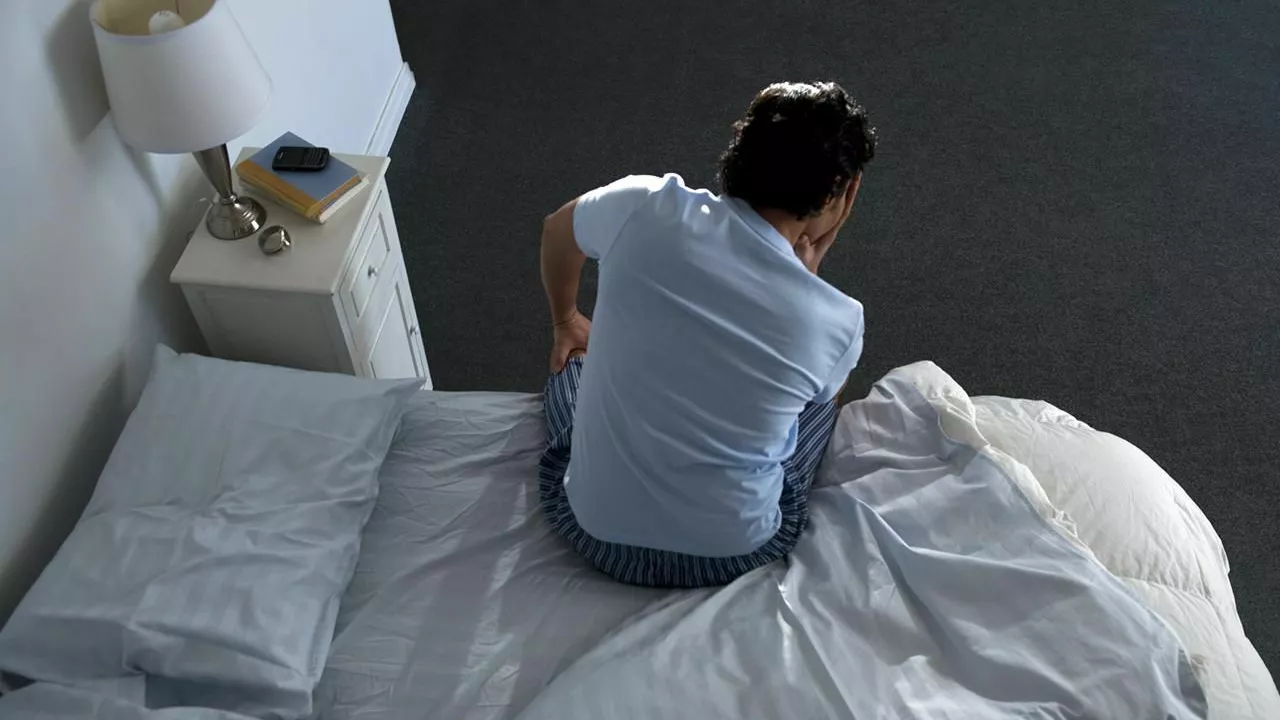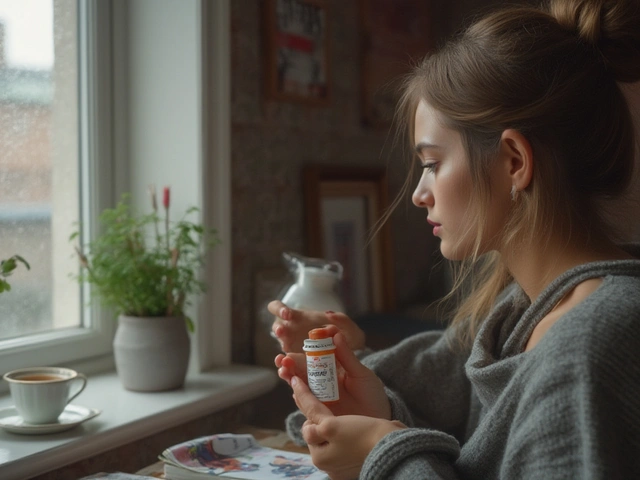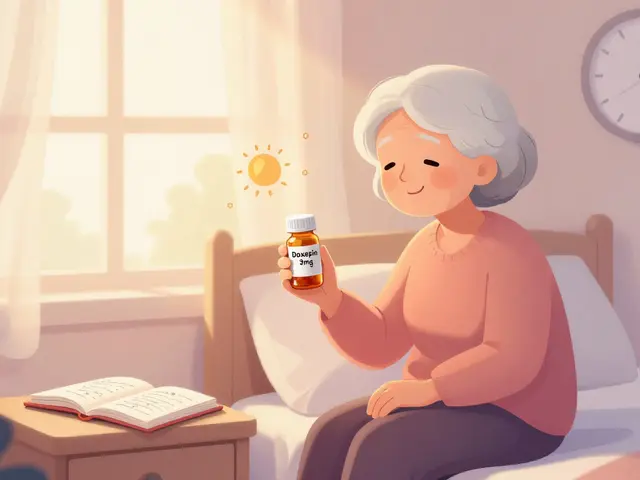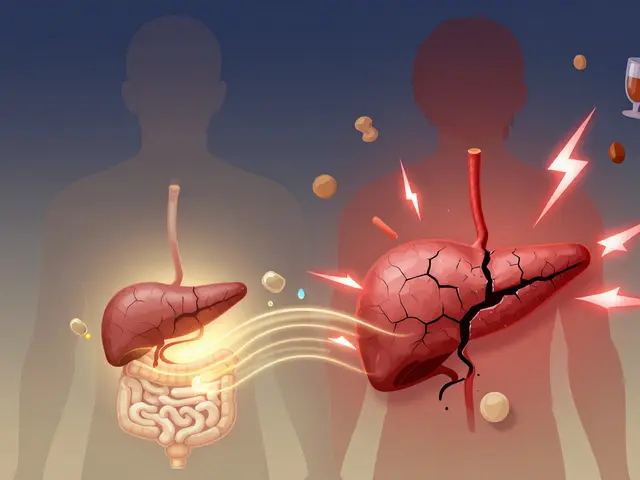Sarafem: Uses, Effects, and What to Know Before You Start
July 2 2025Nighttime Urination (Nocturia): Why You Wake to Pee and What to Do
Waking once in a while to pee is normal. But if you get up more than once most nights, that’s nocturia — and it can wreck your sleep, mood, and energy. The good news: many causes are easy to test for and some simple habits often make a big difference.
Common causes you can check yourself
Start with the basics. Drinking lots of fluids late, evening alcohol, or caffeine can send you to the bathroom at night. Certain meds, especially diuretics, increase urine output — try taking them earlier in the day if your doctor agrees. Fluid that pools in your legs during the day (from standing or swelling) shifts back into circulation when you lie down and raises nighttime urine volume; elevating legs for an hour before bed can help.
Other causes include urinary tract infection (burning, urgency, cloudy urine), enlarged prostate in men (weak stream, needing to strain), overactive bladder (strong urge, sometimes leakage), diabetes (very thirsty and peeing a lot), sleep apnea, and heart or kidney issues. If you have extra symptoms like pain, fever, blood in urine, sudden swelling, or recent weight gain, don’t wait — see a doctor.
Quick steps to reduce nighttime urination
Try this simple plan for two weeks and track results: keep a bladder diary (time and amount of drinks, trips to the bathroom), stop fluids 2–3 hours before bed, cut caffeine after noon, limit alcohol in the evening, and empty your bladder right before sleep. If you sit or stand a lot, prop your legs up for 30–60 minutes late afternoon to reduce overnight fluid shift. Pelvic floor exercises (Kegels) twice a day can strengthen control over months. Bladder training — slowly stretching the time between daytime pees — helps if urgency is the problem.
If you’re on a diuretic, ask your prescriber whether moving the dose to morning is safe. Compression stockings during the day can reduce leg swelling and nighttime urine. Small lifestyle changes often reduce or stop nightly trips for many people.
When to see a doctor and what to expect
See your doctor if changes don’t help after two weeks, or if you have pain, blood, fever, sudden weight change, or very heavy nighttime urination. Your clinician may request a urine test, blood sugar check, kidney function tests, or prostate exam. Sometimes they’ll order a bladder scan or refer you to a urologist or sleep clinic if sleep apnea is suspected.
Treatment depends on the cause. Options include treating infections, adjusting medications, pelvic floor therapy, prescription drugs like desmopressin or bladder relaxants, and procedures for prostate issues. Always discuss risks and benefits with your clinician — some meds aren’t suitable for older adults or people with heart problems.
Nighttime urination can usually be improved. Start with the diary and simple fixes, and reach out to your doctor if things don’t change or if you notice worrying symptoms. Better sleep starts with clear, practical steps you can try tonight.
 18 Jun
18 Jun
Can Tolterodine Help with Nocturia (Nighttime Urination)?
As a blogger, I recently came across the topic of nocturia, or nighttime urination, and wondered if Tolterodine could help with this issue. After doing some research, I found out that Tolterodine, a medication typically used to treat overactive bladder, has shown promise in reducing the frequency of nighttime urination. Studies have indicated that this drug may help improve sleep quality and overall quality of life for those suffering from nocturia. However, it's essential to consult with your doctor before starting any new medication. In conclusion, Tolterodine appears to be a promising option for those struggling with nocturia, but it's crucial to discuss it with a healthcare professional first.
Read More...




